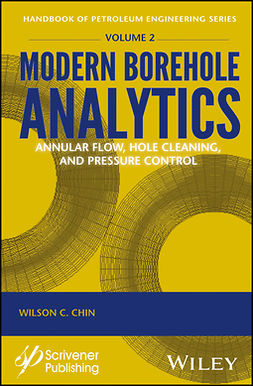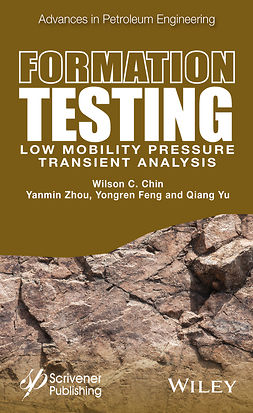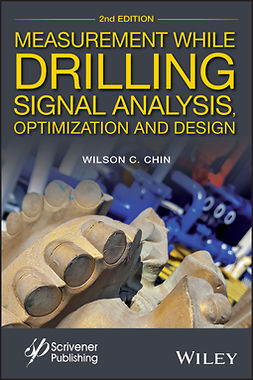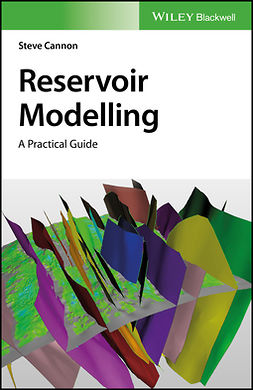Chin, Wilson C.
Reservoir Engineering in Modern Oilfields: Vertical, Deviated, Horizontal and Multilateral Well Systems
Real-world reservoirs are layered, heterogeneous and anisotropic, exposed to water and gas drives, faults, barriers and fractures. They are produced by systems of vertical, deviated, horizontal and multilateral wells whose locations, sizes, shapes and topologies are dictated "on the fly, at random"by petroleum engineers and drillers at well sites. Wells may be pressure or rate-constrained, with these roles re-assigned during simulation with older laterals shut-in, newer wells drilled and brought on stream, and so on. And all are subject to steady and transient production, each satisfying different physical and mathematical laws, making reservoir simulation an art difficult to master and introducing numerous barriers to entry. All of these important processes can now be simulated in any order using rapid, stable and accurate computational models developed over two decades.
And what if it were further possible to sketch complicated geologies and lithologies, plus equally complex systems of general wells, layer-by-layer using Windows Notepad? And with no prior reservoir simulation experience and only passing exposure to reservoir engineering principles? Have the user press "Simulate," and literally, within minutes, produce complicated field-wide results, production forecasts, and detailed three-dimensional color pressure plots from integrated graphics algorithms?
Developed over years of research, this possibility has become reality. The author, an M.I.T. trained scientist who has authored fifteen original research books, over a hundred papers and forty patents, winner of a prestigious British Petroleum Chairman's Innovation Award in reservoir engineering and a record five awards from the United States Department of Energy, has delivered just such a product, making real-time planning at the well-site simple and practical. Workflows developed from experience as a practicing reservoir engineer are incorporated into "intelligent menus" that make in-depth understanding of simulation principles and readings of user manuals unnecessary. This volume describes new technology for down-to-earth problems using numerous examples performed with our state-of-the-art simulator, one that is available separately at affordable cost and requiring only simple Intel Core i5 computers without specialized graphics boards. The new methods are rigorous, validated and well-documented and are now available for broad petroleum industry application.
Keywords: reservoir engineering in modern oilfields; reservoir modeling; mathematical modeling ideas; numerical methods; software; simulation capabilities; well systems; well models; productivity indexes, Environmental Science, Applied Mathematics in Engineering, Environmental Science, Applied Mathematics in Engineering
- Author(s)
- Chin, Wilson C.
- Publisher
- John Wiley and Sons, Inc.
- Publication year
- 2016
- Language
- en
- Edition
- 1
- Series
- Handbook of Petroleum Engineering
- Page amount
- 352 pages
- Category
- Technology, Energy, Traffic
- Format
- Ebook
- eISBN (ePUB)
- 9781119284611
- Printed ISBN
- 9781119283782











